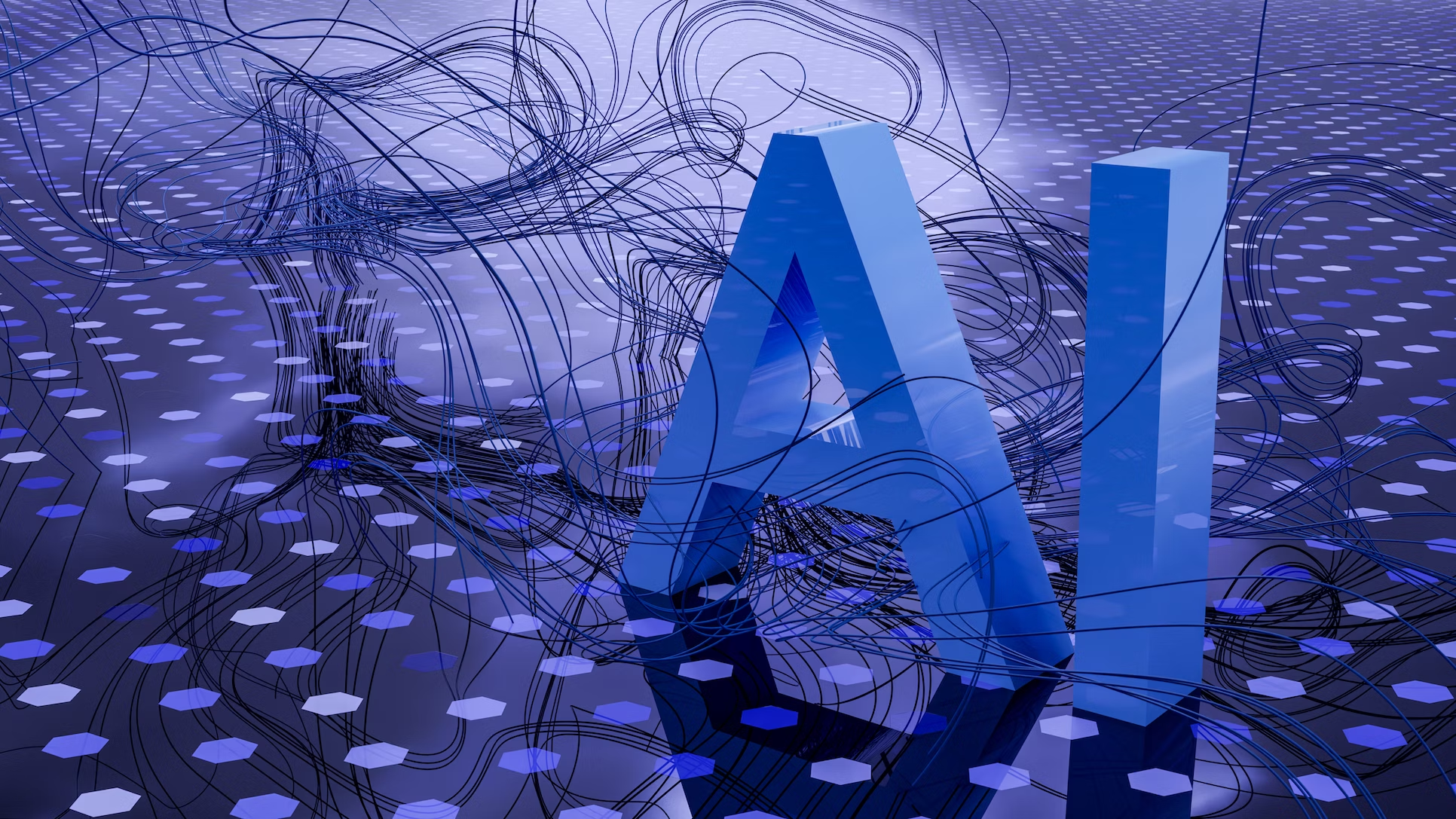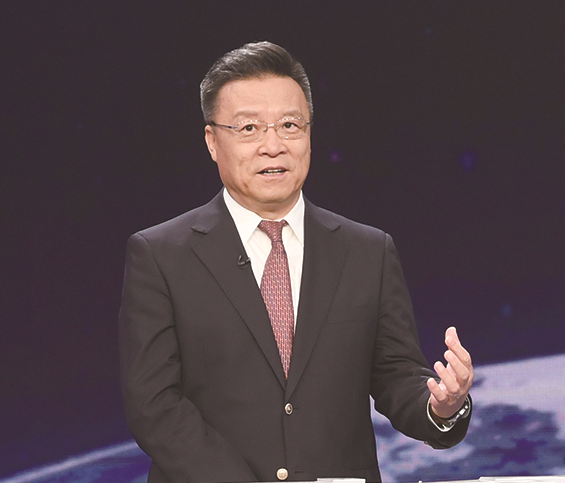PKU Insights | Gao Wen: How will AI change our lives?
Nov 20, 2023
Editor's note: Artificial intelligence (AI), together with its derivatives, has been named by multiple dictionaries recently as the word of the year (2023). If you ask ChatGPT, the most popular AI-driven chatbot, what AI is, it will respond in a split second as follows: "AI, or Artificial Intelligence, refers to the development of computer systems that can perform tasks that typically require human intelligence." Despite uncertainties brought about by the breakneck growth of AI, many still have high hopes for its future. In a recent article published in Study Times, a Chinese newspaper, Prof. Gao Wen probes into the development of AI in China and illustrates how AI can shape our lives, PKU News journalist reports.
Peking University, November 20, 2023: Gao Wen, an academician of the Chinese Academy of Engineering and Boya Chair Professor at Peking University, is at the forefront of China's rapid development in artificial intelligence (AI). With over 20 national-level research projects under his leadership, Gao has made significant contributions to the advancement of AI in China.
Gao Wen
Gao highlighted that the development of AI spans across six to seven decades. The term "artificial intelligence" encompasses both general AI, where the system's capabilities match or exceed human abilities, and specialized AI, which excels in specific tasks. Early AI development (1956-1976) primarily involved replicating functions a human brain could process, such as logical reasoning. Noteworthy achievements during the period included automated mathematical theorem proving, accomplished by Chinese researchers Wang Hao and Wu Wenjun. However, the initial enthusiasm for AI waned as achieving human-like intelligence proved challenging. Scholars shifted focus to developing impactful systems like medical diagnosis expert systems and simulating neural systems for character and text recognition, laying the foundation for subsequent advancements.
The turning point came in 2006 when ground-breaking research emphasized the potential of deep neural networks for large-scale learning and training. The subsequent years witnessed steady progress, with significant breakthroughs in 2015 when neural networks surpassed human performance in image classification, led by Chinese scholar Sun Jian's introduction of residual networks.
The application-driven approach has become crucial for AI development. Unlike the past emphasis on perfecting technology before application, contemporary AI progress is driven by finding suitable applications to deploy the technology effectively. Two potential breakthroughs, neuromorphic and quantum computing, could address the challenges of achieving large-scale or cognitive AI. Neuromorphic intelligence mimics the efficiency of human information processing, while quantum computing exhibits extremely high efficiency.
Examining China's AI development, Gao identifies several advantages and challenges. China has positioned itself as an AI superpower, with significant investments in basic research, leading in key technologies like facial and speech recognition. China’s advantages include widespread policy support, abundant data resources, diverse application scenarios, and a large youth talent pool. Government policies prioritize AI development while the vast population generates substantial data resources, giving China a competitive edge. The underdeveloped infrastructure in areas like healthcare, education, and logistics provides an abundance of opportunities for AI applications. Additionally, China's high enrolment in STEM disciplines offers a substantial talent pool for AI development.
In conclusion, Gao envisioned a future where AI becomes the core technology in the next century. He emphasized the need for a strategic approach, collaboration with global AI initiatives, and meticulous planning to harness the potential of AI for societal and economic advancement. As the world anticipates the next industrial revolution driven by AI, China aims to position itself at the forefront of this transformative era.
Written by: Ang Shao Heng
Edited by: Su Huangyi
Source: Study Times
Cover Photo: Unsplash

